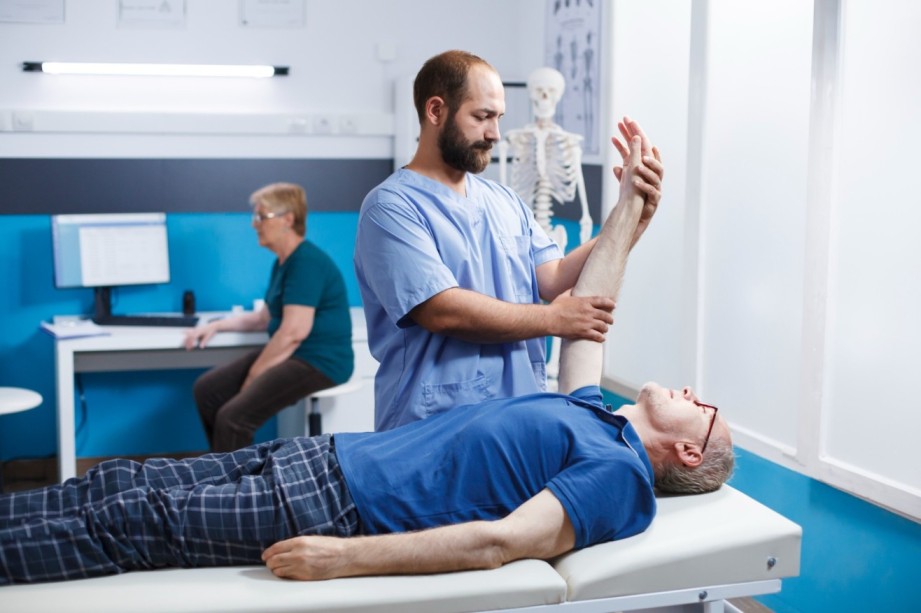Private rehab Birmingham offering expert drug and alcohol addiction recovery with detox, therapy, and tailored recovery care. If you or a family member is fighting drug or alcohol addiction, finding the right rehab facility can be overwhelming. Private rehab in Birmingham offers one-on-one, targeted, and private treatment. This guide walks you through how to determine what you need, the services offered, what makes private rehab different, and how to choose the best one for you.
What is Private Rehab?
Private rehab are treatment centres that are paid for privately (not primarily NHS). They offer drug and alcohol addiction treatment in residential or outpatient settings. You typically have more privacy, faster access, and more bespoke treatment in private rehab.
Some of the features of private rehab:
Medical detox under close supervision
One-to-one therapy, group therapy
Holistic or complementary treatments (yoga, art, mindfulness)
Aftercare and prevention from relapse
Confidential treatment — your confidentiality is maintained
Why Choose Private Rehab in Birmingham?
There are several reasons why private rehab may be the best choice for many in Birmingham:
Access: Private centers have faster access than public/NHS.
Flexibility & personalization: Tailored treatment plans covering your addiction, triggers, lifestyle.
More privacy: Less crowded, less visible, typically better-facilitated.
Improved environment: comfortable room, relaxing environment, nurturing environment.
Expansive treatment: There are also other therapies and whole-person treatments available in private centres that may not be part of the mainstream services.
If you prefer professional intervention, private rehab Birmingham can provide you with increased autonomy over your treatment process.
Key Services Provided In Birmingham at Private Rehab Facilities
These are the main services you expect to receive when seeking quality private rehab in Birmingham:
Service Why It’s Important
Medical Detox
Comfortable management of withdrawal; reduces risk of complications.
Assessment & Intake
So we can learn about your addiction, health, mental health, and develop your treatment plan.
Individual Therapy
Private therapy to resolve underlying issues, triggers, mental health issues.
Group Therapy
Support of others, learning from others, sharing experience.
Family Support & Therapy
Addiction is family-related; healing is typically a family affair.
Dual Diagnosis Treatment
If you have addiction + mental health issues (anxiety, depression, PTSD).
Holistic Therapies Yoga, mindfulness, creative therapies – treat stress, mental health.
Aftercare / Relapse Prevention
Critical to keep up on progress after rehab.
Residential/Inpatient Care Full-time residence at the centre; more comprehensive treatment; off triggers.
Outpatient Care Sessions for treatment whilst still living at home; easy for less severe cases or stepping down from inpatient.

What to Expect: Detox, Therapy & Aftercare
Here is what your typical progression through private rehab is like, step by step:
a) Intake & Assessment
When you first call a centre on the phone or in another way, there’ll be a confidential assessment.
They’ll ask you about your drug/alcohol use, physical health, mental state, history, goals.
They’ll ask you about your environment and things that lead to substance use.
b) Detoxification (if needed)
For most people, alcohol or drugs have physical withdrawal symptoms.
Medically supported detox is offered by an excellent private rehab. Nurses/doctors keep an eye on the health, manage the symptoms.
Detox duration varies depending on substance and intensity.
c) Therapy & Treatment Programmes
Therapy will usually combine various forms:
Cognitive Behavioural Therapy (CBT) – helps to change thinking and behaviour patterns.
Motivational Interviewing – developing motivation and readiness.
Group therapy – support from others, learning from other people.
Family therapy – heal together, mend relationships.
Holistic / Alternative Therapies – mindfulness, yoga, art, music, meditation. These help with control of emotions, stress, development of self-awareness.
d) Residential vs Outpatient
Residential/Inpatient: You stay permanently at the centre (typically 28 days or more). The most effective during serious addictions or in environments that are full of triggers.
Outpatient / Day-care: You drive home at night or live at home but you travel in to counselling. Alright, as long as your addiction is not severe or you are obliged to leave some responsibilities behind.
e) Aftercare/ Relapse Prevention.
In leaving, you are likely to relapse. Aftercare provides you with assistive help to stay focused.
Check-ins, group therapy, follow-up counseling and peer mentoring.
In addition to trigger coping, stress coping, and change coping.
How Much Private Rehab in the Birmingham Area Costs
Knowing the cost helps you plan and make the best decisions for your recovery. Here’s what to consider:
Fees also vastly vary depending on the centre, type of care received, duration of stay, and therapies provided. The most significant variables influencing the total fee are the facility type, length of treatment (28, 60 or 90 days), luxury factor, and inpatient or outpatient.
Outpatient or day-care programmes are relatively cheap with clients reporting to receive therapy and counselling but remain at home. They can be used with mild and moderate addicts.
Inpatient or residential treatment programmes provide 24 hour care in a comfortable and structured environment. The average inpatient stay of 28 days in Birmingham is estimated at between 10000 to 30000 and above depending on the services and facilities the centre offers. Other more luxurious rehabs such as private rooms, spa, holistic treatments such as yoga, mindfulness and massage might cost more due to the luxury comfort and personalized attention.
Always ask yourself when you inquire, what is incorporated in the cost, counselling sessions, medication, food, stay and follow up care. All-inclusive packages will be provided in some of the centres, whereas others will charge individual services.
You already have your own health insurance, and you need to check whether it covers some part of addiction treatment. There are now certain policies regarding the assistance of detox and counselling.
Personal rehab is an investment – you get access to special medical care, individual therapy, and a conducive environment to enable you to resume long-term recovery.
Getting the Proper Private Rehab Facility in Birmingham, UK
One of the biggest decisions that you would make on your way to recovery is finding an appropriate private rehab centre. The centre can make a great impact in terms of comfort, efficiency and the success in the long term. The following are major steps and suggestions that can assist in the making of your decision:
Check Accreditation and licensing.
Never forget to make sure that the centre is CQC-registered (Care Quality Commission) or other accepted UK regulations. The accreditation ensures the rehab is safe, ethical, and professional with its practice. It also ascertains that your treatment finds itself in the hands of experienced medical professionals and qualified therapists.
Discover Programmes that Match Your needs.
Rehab centers that cater to particular fields are numerous. Ensure that the center treats drug and alcohol addiction and provides dual diagnosis to co-occurring mental disorders and provides family therapy or aftercare opportunities. Ensure that it has inpatient as well as outpatient facilities, which you can find out is the most appropriate to you.
Environment and Facilities
The setting can greatly affect recovery. Look for a calm, supportive atmosphere with comfortable rooms—private or shared, depending on your preference. Stress can be reduced and healing can be promoted by the availability of outdoor places, gardens, and relaxation spots.
Holistic and Complementary Therapies
Many modern centres now integrate holistic therapies such as yoga, art, meditation, and mindfulness alongside traditional therapy. These assist in the enhancement of emotional stability and wellbeing.
Aftercare Support and Ongoing Support.
You are not sure that you will recover after being in rehab. Ask about the availability of aftercare, such as frequent follow-up appointments, relapse prevention therapy, peer support groups or follow-up therapy may assist you in staying on track.
Privacy and Confidentiality.
Your privacy is essential. Select a facility where there is a high level of privacy where no personal information or treatment is revealed.
Price, Method of Payments and the place.
Always insist on the breakdown of fees. Determine what is included in the price and whether there is or not payment arrangement or insurance. And location–some like to be home and others like to be away and in a different environment.
Reviews and Assessments
Finally, visit online reviews and, where possible, communicate with previous clients. The majority of centres offer the free initial consultation or call back, which is why you should use it to address all your questions and understand whether or not the centre can be one you need.

Case Studies / Examples of Good Centres in Birmingham
Here are some private rehab / addiction treatment facilities in or close to Birmingham, and what they provide, to give you an idea of what’s available:
New Leaf Recovery – Private residential rehab for alcohol & drug addiction. 24/7 support, holistic therapies, aftercare, etc.
newleafrecovery.co.uk
Priory Hospital Woodbourne – Their “Transform 28” programme: 28-day inpatient rehab, medically supported detox, group therapy, family support, and 12 months of free aftercare.
Priory
Asana Lodge – Offers residential rehab near Birmingham with medical detox, therapy, holistic interventions, 24/7 support, beautiful grounds, outpatient facilities.
Asana Lodge
Rehab Clinics Group – Treats all kinds of addictions; offers detox, therapy, aftercare, comfortable amenities.
Rehab Clinics Group
These are only examples. Your own situation (addiction severity, budget, location, desired therapies) will influence which centre is most suitable for you.
Questions to Ask Before Admitting
Before you or your loved one go into a rehab facility, these are some important questions. It’s best to ask them ahead of time to avoid surprises.
Do you offer a free assessment or consultation?
Is there medically supervised detox if needed?
What therapies are you offering (individual, group, family)?
Do you offer dual diagnosis (mental illness + addiction)?
What holistic or wellness therapies are you offering?
How long is the rehab stay? (28, 60, 90 days etc.)
What does it include in the price (room, food, therapy, medical supervision)?
Is payment accepted or insurance covered?
What happens after rehab? What is aftercare like?
How private is it? What are your confidentiality policies?
What types of facilities are there (private rooms? outside space? recreational facilities?)
FAQs (Frequently Asked Questions)
The most asked questions about private rehab in Birmingham and their answers are listed below:
Q: What is the difference between the private rehab and the NHS rehab?
A: Rate of access, confidentiality, personalisation, and in some cases, amenities are the main differences. In NHS treatment is free but in some cases, there is a waiting list, less luxurious facilities, and even lacks coverage of some holistic treatments. The rehab that is provided privately is cheaper but offers you more freedom.
Q: Do I need a referral in order to receive private rehab?
A: Not usually. There are numerous private centres that accept direct admissions or self-referral. There are occasions, though, when your GP involvement may come in handy particularly in medical history or insurance reasons.
Question: Is my health insurance going to cover private rehab?
A: It depends. Some insurance policies cover addiction treatment; others don’t. You’ll need to check your policy, and see which centres the insurer recognises. Be sure to ask about what parts of the care are covered.
Q: Rehab is how long?
A: It varies, depending on the person, drug, usage level, mental status, support system. Typical inpatient stays are 28 days. Some patients stay for 60-90 days or longer if they need it. Outpatient stays may also be of varying duration.
Q: Can I still work or attend school while in rehab?
A: Outpatient rehab makes that more feasible, as you remain at home and go in for therapy sessions. Residential rehab involves withdrawing from many of the daily responsibilities so you can concentrate solely on your recovery. It depends on how bad the addiction is and your home life.
Q: Is relapse normal?
A: Yes. Relapse is not failure. It may be a part of recovery. What matters is proper relapse prevention, proper aftercare support, and learning from failure. Private rehab centers with proper aftercare are better able to help you maintain progress.
Q: Is private rehab confidential?
A: Yes. Confidentiality is typically a key part of private rehab. You’ll want to make sure the centre has clear privacy policies, secure medical records, and that they guarantee your information is kept private.
Conclusion
Choosing private rehab in Birmingham for drug & alcohol addiction is a serious decision — but done right, it can save lives. Remember:
Find centres which provide medical detox, therapy, dual diagnosis, and aftercare.
Select one, which fits individual and financial requirements.
Ask questions on the right questions before committing.
Make sure that amenities that the facility has, employee requirements and atmosphere are to your liking.
And when you are ready, call us today to get a free assessment, hear more about the treatment programs and make that first bold step towards healing. You don’t have to do this alone.

